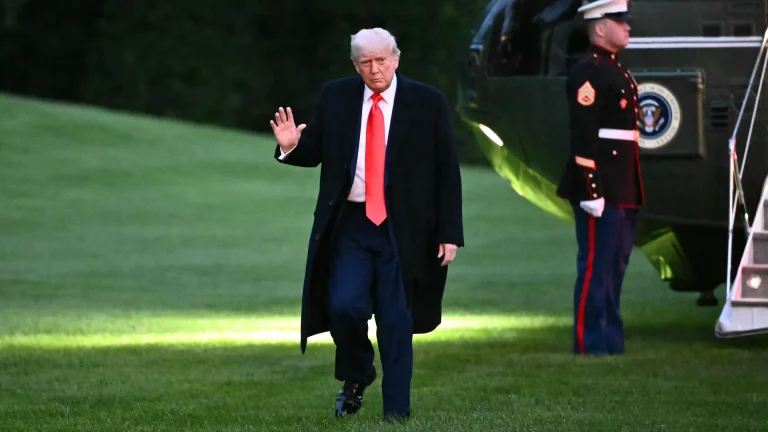🎧 Listen to This Article
Congressional Republicans are preparing for a significant tax cliff at the end of President Trump’s term. While they push to make the 2017 Tax Cuts and Jobs Act (TCJA) permanent, other provisions designed to support working-class Americans are slated to expire by the end of 2028.
Overview of the 2017 Tax Cuts and Proposed Permanency
The 2017 TCJA delivered sweeping tax reforms, many of which Republicans aim to keep permanently. Business provisions such as expensing and R&D tax credits are also expected to be locked in for the long term. However, additional cuts including the boosted standard deduction, senior deductions, and child tax credits are on track to sunset.
Key Expiring Tax Provisions Targeting Working-Class Americans
Several notable tax breaks including elimination of taxes on tips, overtime pay, and auto loan interest — were championed by President Trump during his campaigns but are set to expire. These cuts were designed to appeal to specific voter bases but have raised concerns about policy coherence.
Senate’s Position and Potential Legislative Changes
Senators indicate a willingness to differentiate between making the TCJA permanent and allowing certain cuts to expire. Changes to the accounting baseline in the Senate could also allow trillions in deficit additions from extended cuts to be excluded from formal scoring, providing more legislative flexibility.
Economic and Political Implications of the Tax Cliff
Budget hawks warn of a looming “tax cliff” that could inject volatility into the fiscal landscape. The Congressional Budget Office estimates the House bill will add $2.4 trillion to deficits over ten years, with increased interest costs potentially pushing the total to $3 trillion. Economic growth projections tied to the legislation remain modest.
Analysis of Distributional Effects and Criticisms
While the bill aims to lock in lower rates for low and middle-income taxpayers, the bulk of benefits—particularly the passthrough deduction—primarily accrue to the top 1%. Critics from both sides argue that the additional tax cuts proposed by Trump are inconsistent with sound tax policy and could exacerbate inequality.
For further details, clarification, contributions, or any concerns regarding this article, please get in touch with us at editorial@tax.news. We value your feedback and are committed to providing accurate and timely information. Please note that our privacy policy will handle all inquiries.



